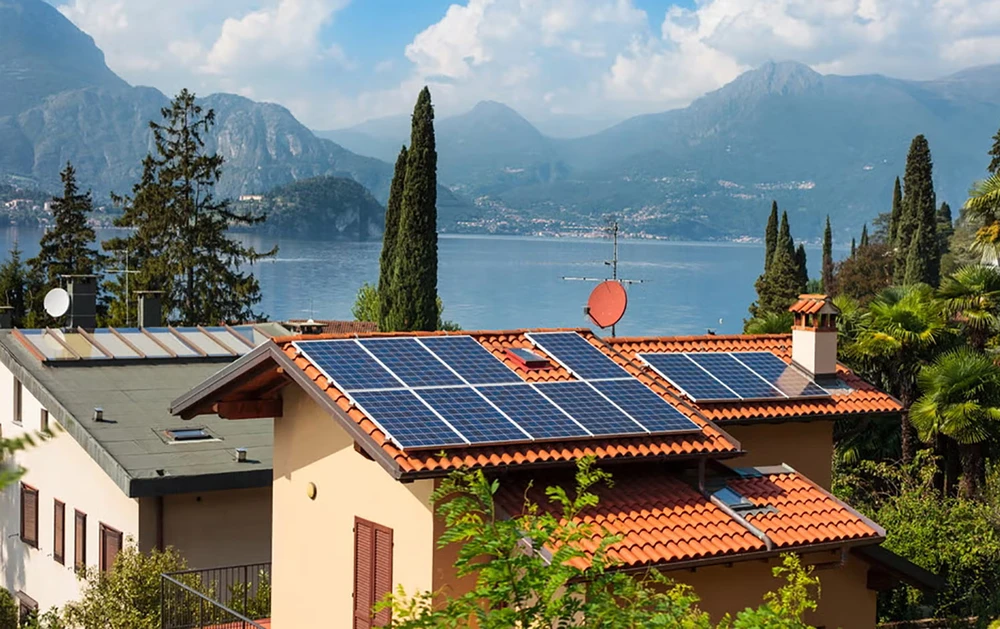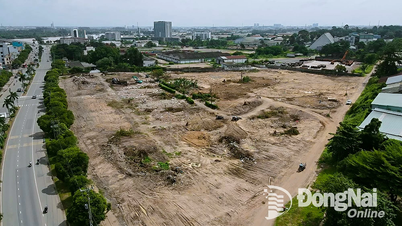In its emissions reduction strategy, the European Central Bank (ECB) plays a pioneering role in promoting the green transition, making an important contribution to the European Union's (EU) overall net zero emissions target.

The best way to achieve a zero-emissions economy for businesses, households and banks in the eurozone is to promote the green transition at a faster pace than current policies, according to the ECB.
“We need more decisive policies to ensure a faster transition to a zero-emission economy, in line with the goals of the Paris Agreement,” said ECB Vice President Luis de Guindos.
The ECB survey results for the end of 2023 show that businesses and households clearly benefit from a faster transition. This requires higher initial investment and higher energy costs, but financial risks are significantly reduced in the medium term. Both profits and purchasing power are less negatively affected, as the initial investment in renewable energy pays off sooner and ultimately reduces energy costs.
Accelerating the transition to a greener economy would be cheaper than delaying it for companies, households and banks in the eurozone, an ECB study has found.
The ECB used data from 2.9 million companies and 600 banks in the eurozone, estimating the total risk of not shifting to a green economy at nearly €3 trillion ($3.22 trillion). This is one of the most comprehensive studies yet on the emissions reduction targets set under the Paris Agreement.
Under this rapid transition scenario, companies in the eurozone would invest €2 trillion by 2025 to reduce emissions. Meanwhile, clean energy costs would rise 10% for households in 2025 before stabilising. Despite the higher initial costs, the ECB says energy costs and financial risks would be lower later on. This means that banks would initially see annual losses on loans peaking at €13 billion in 2026, before falling to €6.6 billion in 2030.
Conversely, the study finds that if the bulk of the costs of the green transition are delayed until 2026 or later, banks’ annual losses will increase steadily to €21 billion by 2029. On average, banks will suffer losses equivalent to 0.7% of their loans in 2030 with a faster green transition, compared with 0.9% with a slower transition. Among companies, the increase in default rates will be highest in the emission-intensive manufacturing and mining sectors, as well as among electricity companies.
To address these risks, the ECB advocates a macroprudential strategy that extends beyond the banking sector to include borrowers and non-bank financial intermediaries. The ECB notes that 75% of bank lending and more than 30% of insurers’ investments in corporate bonds and equity are in sectors that rely heavily on ecosystem services.
ECB supervisor Frank Elderson also warned of financial penalties for banks if they fail to take climate risks into account.
KHANH MINH
Source



![[Photo] Binh Trieu 1 Bridge has been completed, raised by 1.1m, and will open to traffic at the end of November.](https://vphoto.vietnam.vn/thumb/1200x675/vietnam/resource/IMAGE/2025/10/2/a6549e2a3b5848a1ba76a1ded6141fae)






































































































Comment (0)